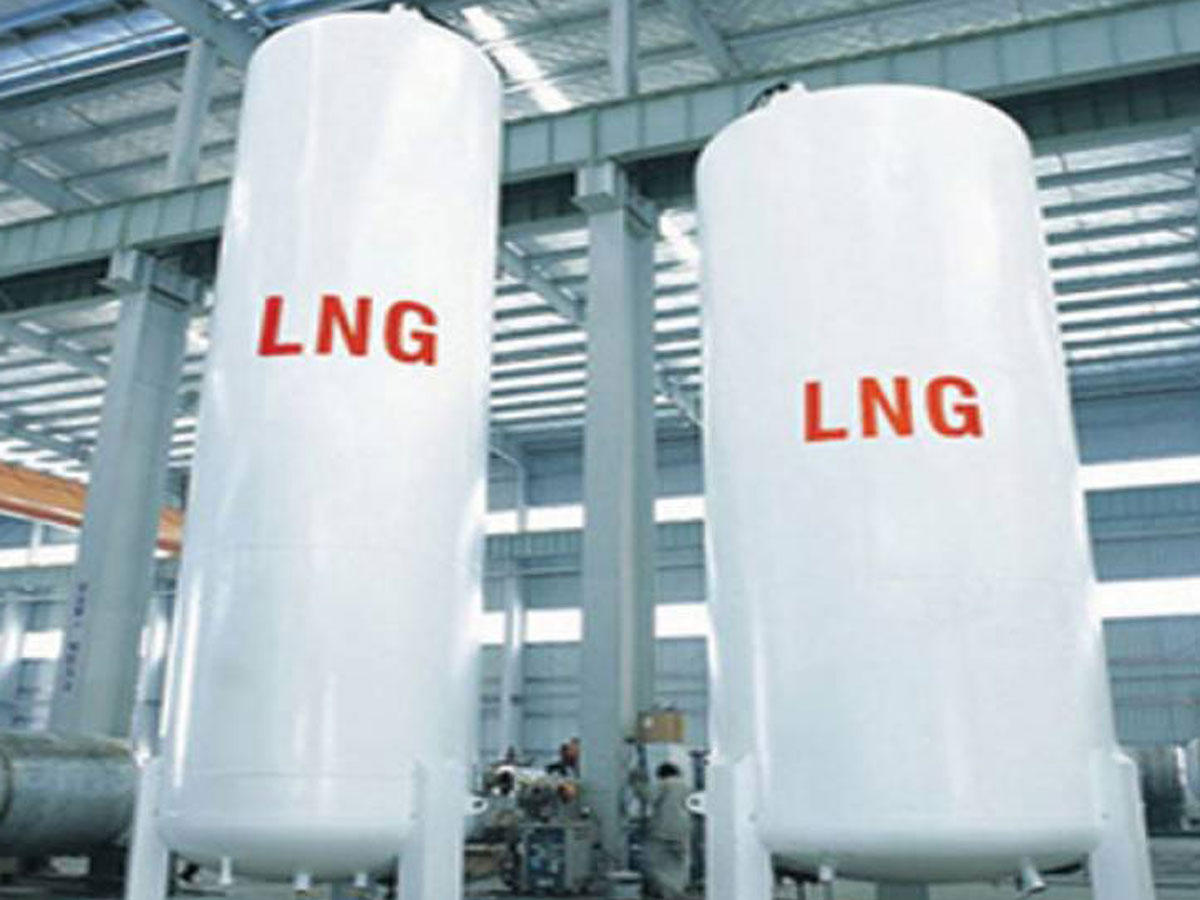BAKU, Azerbaijan, May 7
By Leman Zeynalova – Trend:
In the first quarter of 2020, 0.46 billion cubic metres of liquefied natural gas (LNG) were regasified by Italian Snam company at the LNG terminal in Panigaglia (compared with 0.60 billion cubic metres in the first quarter of 2019) with 12 methane tankers unloaded (14 in the first quarter of 2019), in line with the number allocated, Trend reports citing the company.
Snam company, which is one of the shareholders of the Trans Adriatic Pipeline (TAP) project, said that the storage capacity available as at 31 March 2020, which was unchanged compared with 31 December 2019, is the most extensive capacity in Europe and was allocated in full for the 2019-2020 thermal year.
The volumes of gas moved through the storage system in the first quarter of 2020 amounted to 6.38 billion cubic metres, a slight decrease of -0.15 billion cubic metres, or -2.41 percent, compared with the volumes moved in the first quarter of 2019. The reduction was mainly attributable to lower withdrawals from storage, which were primarily the result of weather conditions.
Gas volumes injected into the network in the first quarter of 2020 amounted to 17.05 billion cubic metres in total, down compared with the first quarter of 2019 (-1.88 billion cubic metres or 9.9 percent), essentially following the fall in demand for natural gas in Italy (equal to 23.94 billion cubic metres; -1.71 billion cubic metres or -6.7 percent) recorded in all consumption sectors.
Specifically, the fall in gas demand is mainly attributable to lower consumption in the residential and tertiary sector (-0.7 billion cubic metres or -5.2 percent) in light of the milder temperatures recorded in the first two months of the year, as well as the lower consumption of the thermoelectric sector (-0.6 billion cubic metres or -8.2 percent) attributable to the reduction in demand for electricity as a result of the lockdown measures in March to contain the COVID-19, as well as the increase in electricity imports.
These effects were partly offset by the reduction in production from renewable sources, particularly wind power, and from greater recourse to natural gas in the generation of electricity.
---
Follow the author on Twitter: @Lyaman_Zeyn






